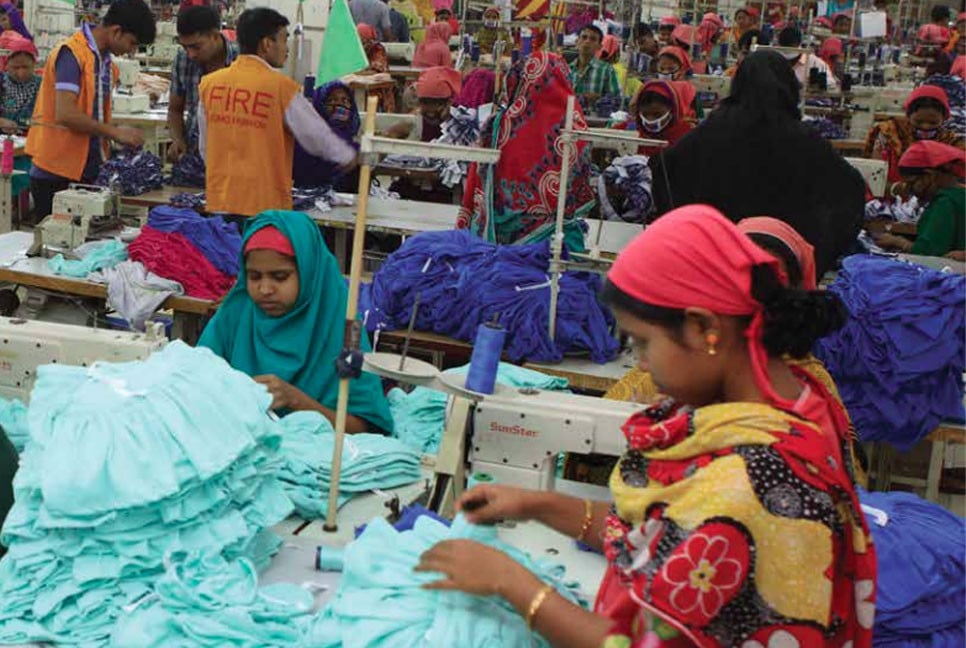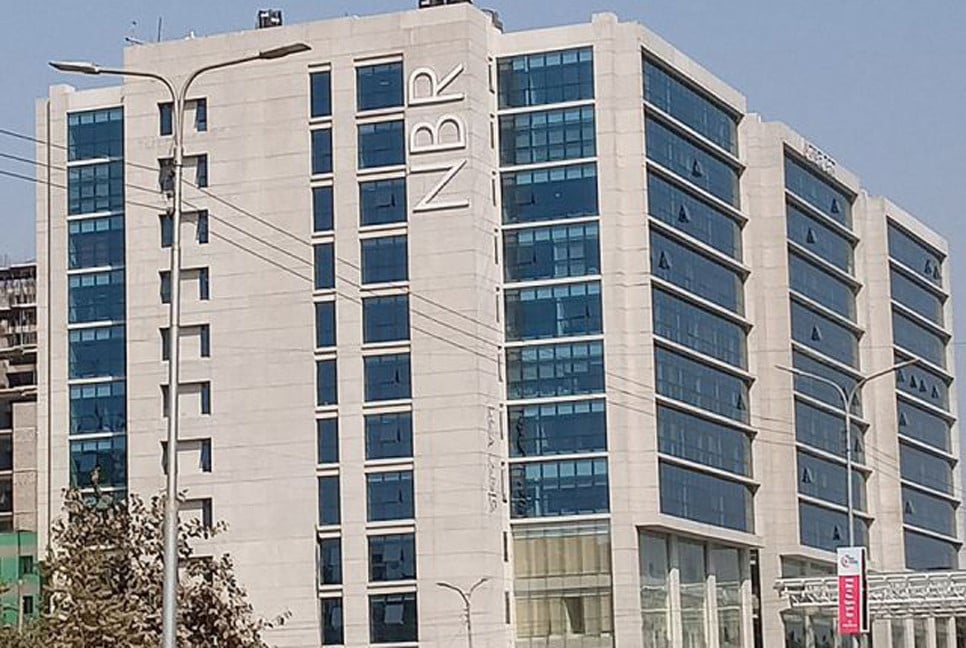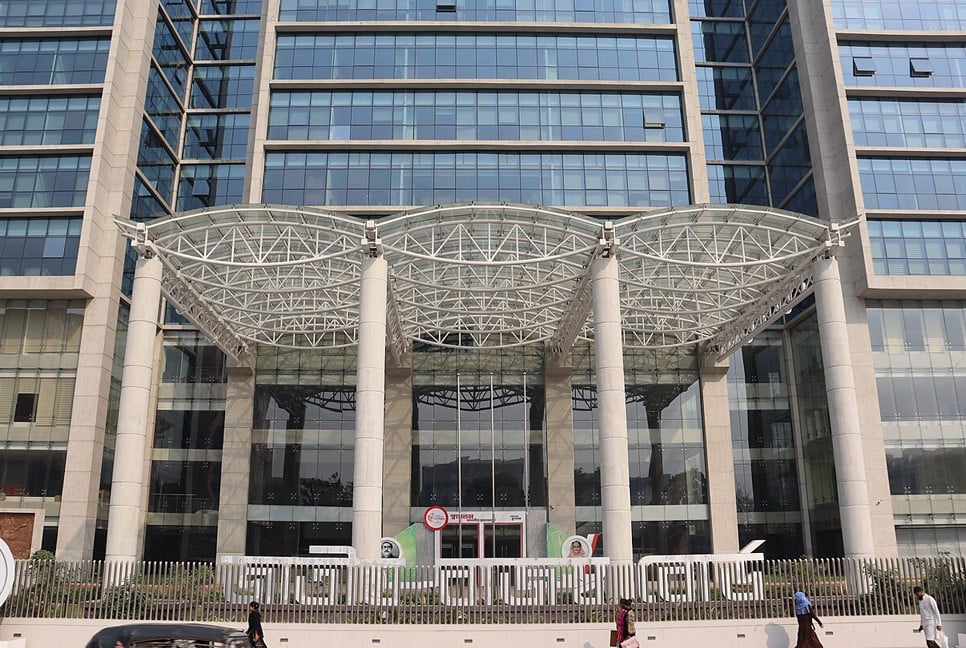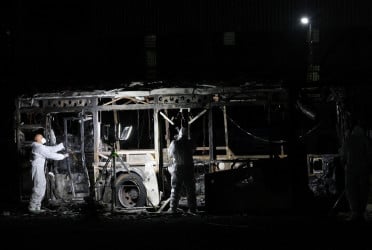Despite February already underway, many garment factories in the country have yet to pay workers their December salaries. Industrial Police data submitted to the Ministry of Home Affairs shows that 104 factories remain in arrears, including 18 in Ashulia, 55 in Gazipur, 12 in Chattogram, 14 in Narayanganj, four in Mymensingh, and one in Cumilla.
An Industrial Police source said the list was compiled for a law-and-order meeting in late January, but the number may have since changed as some factories made payments.
Garment manufacturers dispute the figures, arguing the data was collected earlier and does not reflect recent payments. They claim most factories cleared wages by the end of January, leaving only 20 to 30 still in arrears.
Mohiuddin Rubel, a former director of the Bangladesh Garment Manufacturers and Exporters Association, dismissed the idea that over 100 factories had yet to pay wages. He said any factory unable to pay would have ceased operations, adding that very few had actually shut down, and not due to wage disputes.
The Industrial Police report attributes payment delays to financial struggles, low purchase orders, and cash flow issues. While some factory owners acknowledged these challenges, others on the list insisted they had already paid wages, despite outstanding allowances. Many declined to comment.
Mohammad Selim, head of administration at Alema Textile Limited, said his company paid salaries in the third week of January and suggested outdated data might explain its inclusion on the list. Khalid Hasan, managing director of Mashihata Sweaters and Mega Yarn Limited, said their finance department could confirm wage payments.
Bangladesh Garment Workers Federation General Secretary Salahuddin Swapan confirmed that some factories had yet to pay, though he could not provide an exact figure. He noted that Industrial Police data fluctuates as payments are made.
AKM Johirul Islam, Superintendent of Police for Industrial Police-2 (Gazipur), acknowledged that wage payment figures change daily. He said an updated list would likely show fewer factories in arrears. He also noted that economic instability, political uncertainty, and energy shortages have disrupted factory operations, making it harder for some to meet payroll obligations on time.
Bd-pratidin English/ Jisan





















































